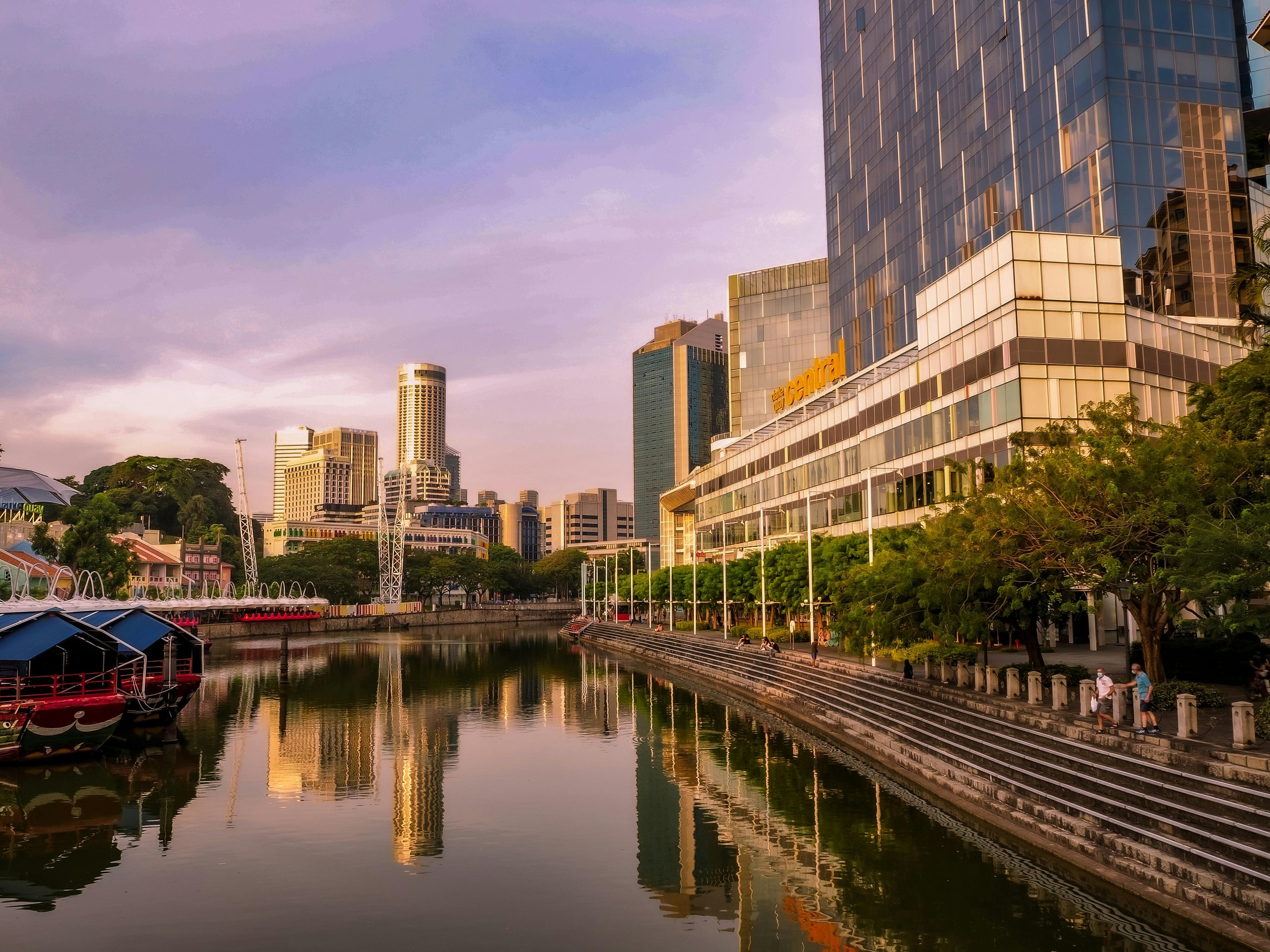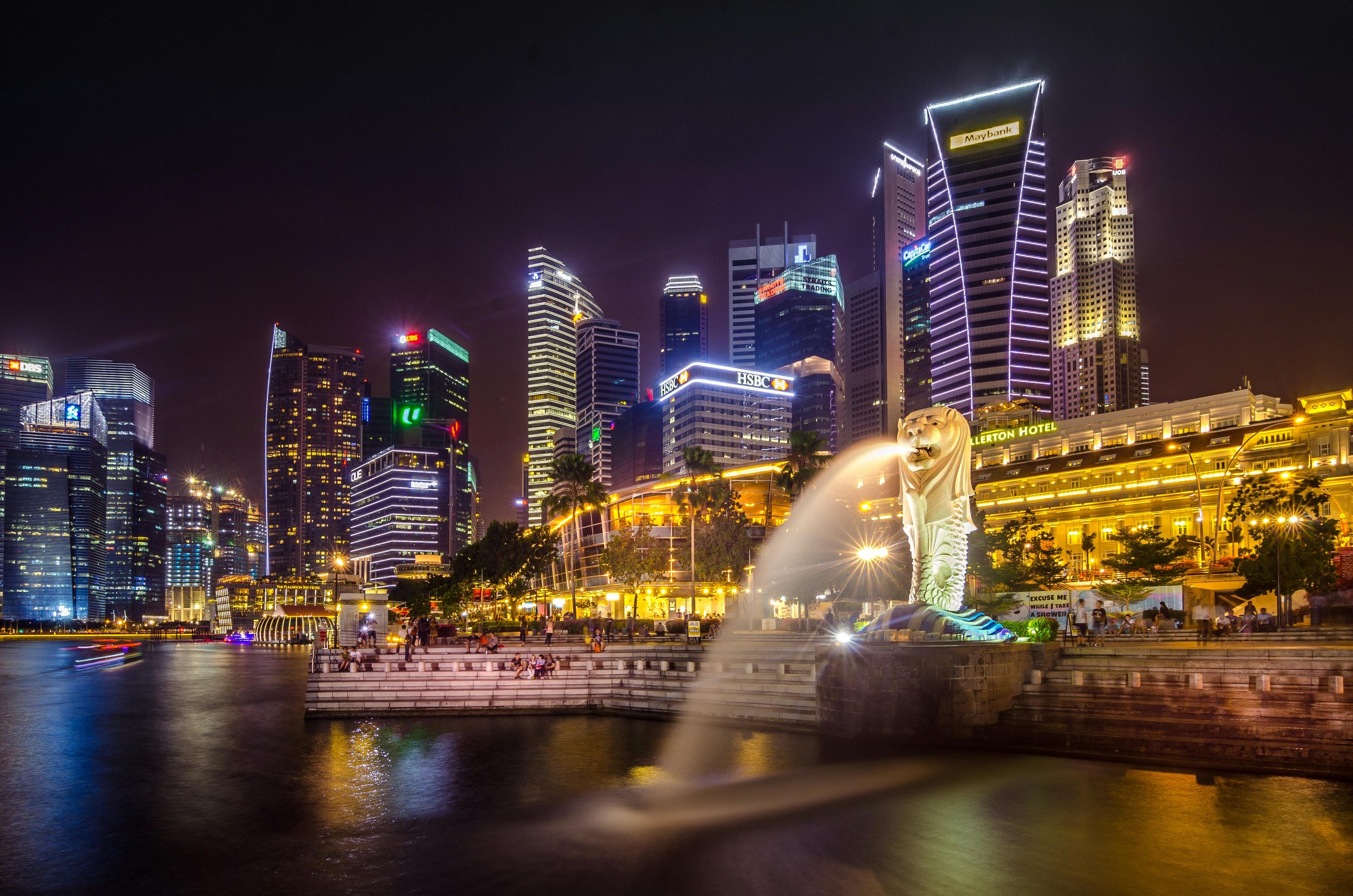
Is PR Within Reach?
Unlock Stability, Opportunity, and a Brighter Future in Singapore
What PR Means for Your Future.
What Becoming a PR Could Mean
Becoming a Singapore Permanent Resident is more than just a change in status—it’s a meaningful step toward building your future in one of the world’s most dynamic and forward-thinking countries. PR gives you the freedom to truly plant roots, access new opportunities, and feel a deeper sense of belonging. Whether you’re focused on career growth, family stability, or long-term security, Singapore PR opens the door to a life of greater possibility, stability, and connection.
As Singapore strengthens its position as a leading global hub for business and innovation, the Professionals/Technical Personnel & Skilled Workers (PTS) Scheme continues to play a vital role in attracting skilled professionals and enriching the nation’s diverse, thriving talent pool.
Benefits of PR.
Obtaining PR status through the PTS Scheme offers numerous benefits that enhance both personal and professional aspects of life in Singapore:
Advantages of Singapore Permanent Residency
1.
Enhanced Stability
As a PR, you no longer need to worry about the frequent renewal of employment passes or dependent passes. Your residency status is more secure, allowing you to focus on your life and long-term goals in Singapore without the constant uncertainty.
2.
Greater Security in Employment Transitions
If you’re on an Employment Pass and suddenly lose your job, you typically have just 30 days to settle taxes and leave the country. As a PR, you have the freedom to stay in Singapore while searching for new opportunities, without the pressure of a ticking clock.
3.
Better Career Opportunities
Singapore PRs are classified as part of the local workforce, which gives you a competitive edge in the job market. Employers often prefer hiring PRs for roles requiring long-term commitment, and you’ll be eligible for a wider range of positions.
4.
Easier to Start Your Own Business
Permanent Residents can register and run a local business with greater ease, without the need for a local director. This gives aspiring entrepreneurs more flexibility and control over their ventures.
5.
Lower Property Stamp Duties
As a PR, you’re eligible for significantly lower Buyer’s Stamp Duty when purchasing your first residential property—just 5%, compared to up to 60% for foreigners. This makes owning a home in Singapore much more attainable.
6.
Access to Public Education
PRs enjoy access to Singapore’s world-renowned public education system at subsidised rates. This opens the door to high-quality schooling for your children, often with priority over foreigners.
7.
Medical Subsidies & Medisave
As a PR, you are included in the CPF Medisave scheme, which helps offset medical expenses. You’ll also benefit from government healthcare subsidies at public hospitals and clinics.
8.
A Pathway to Citizenship
For those who see Singapore as their forever home, PR is often the first step toward full Singapore Citizenship—offering greater integration, voting rights, and a globally respected passport.
9.
CPF Contributions for Retirement
As a PR, both you and your employer contribute to your Central Provident Fund (CPF). This savings plan allows you to build a secure financial foundation for retirement, healthcare, and housing over time.
Considerations Before Applying for Singapore PR
While Singapore Permanent Residency (PR) offers a range of long-term benefits, it’s important to consider a few key implications before making your decision. PR is a major step forward—but like any important life choice, it comes with responsibilities and trade-offs.
PR Status Is Not Permanent
Although it’s called “Permanent Residency,” PR status must be renewed every 5 or 10 years depending on your Re-Entry Permit. Failure to meet residency or economic criteria may impact your ability to renew.
1.
2.
National Service Obligations for Male Children
If you have sons included in your PR application, they may be liable for National Service under Singapore law. This applies primarily to those granted PR under the Family Scheme or who are approved at a young age.
3.
CPF Contributions May Lower Take-Home Pay
As a Singapore PR, both you and your employer will be required to contribute to the Central Provident Fund (CPF). While this is a long-term benefit, it can result in a lower net salary in the short term.
4.
CPF Funds Are Restricted in Use
CPF savings are not immediately accessible as cash. They are locked for specific uses such as retirement, healthcare (via MediSave), housing purchases, and children’s education.
5.
Property Restrictions on Resale HDB Flats
If you plan to buy a resale HDB flat as a PR, you must not own any other residential property locally or overseas at the time of purchase. This is an important regulation that may impact your property strategy.

Ready to Take the Next Step Toward PR—With Confidence?
Every journey is unique, and understanding both the opportunities and obligations of Singapore Permanent Residency is key to making the right decision for you and your family.
Let us help you navigate the process with clarity, expertise, and care.

